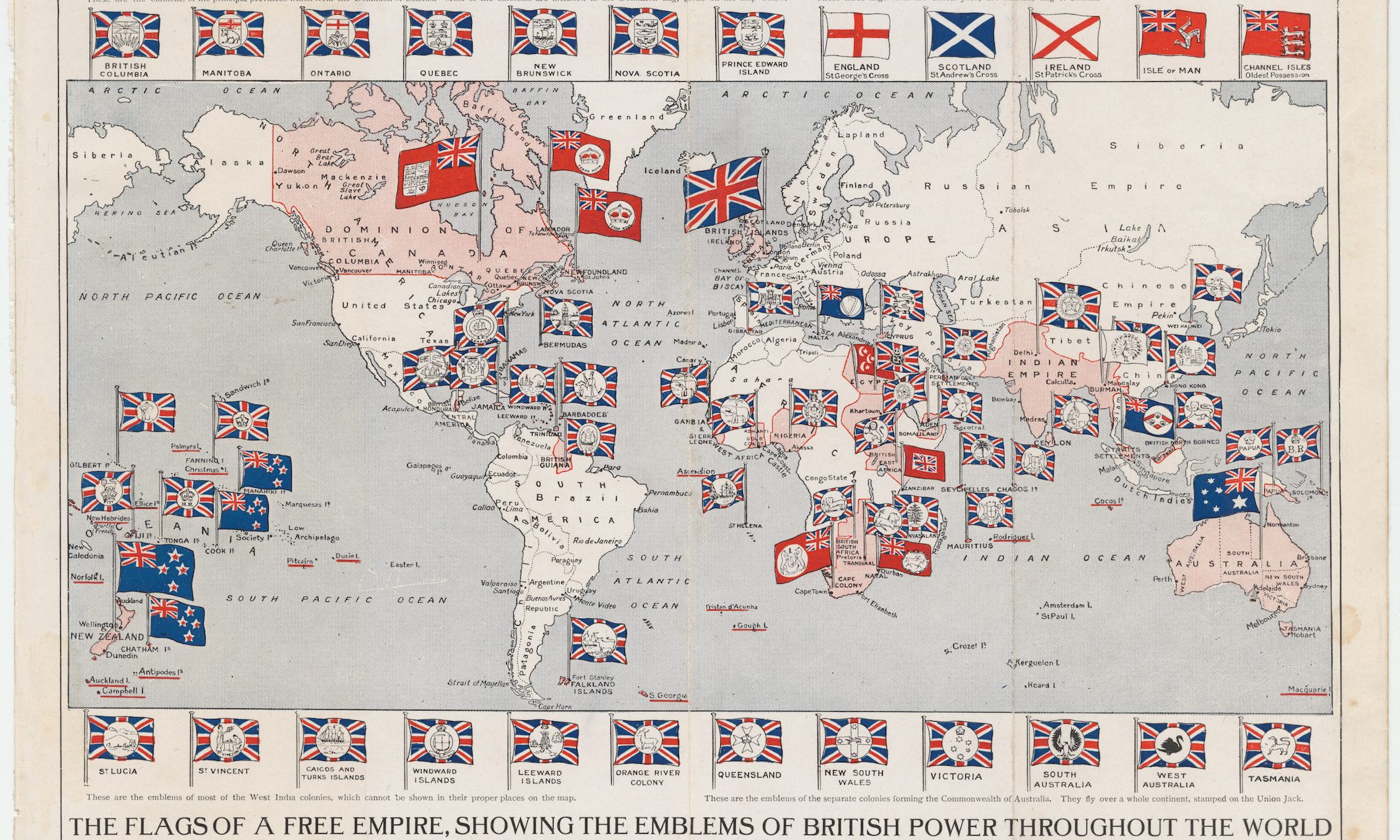My principal contribution to the undergraduate curriculum is POLISCI 255: U.S. Foreign Policy. The course analyzes U.S. foreign policy through a variety of topics (such as terrorism, immigration, environmental politics, and economic policy, among others) and theories drawn from public policy, rational choice, and normative and social perspectives. To understand bureaucracy, for example, students read scholars’ explanations of theories about institutions, bird’s-eye overviews of specific agencies from policy-focused observers, and readings that explore how agency culture shapes policymaking that may come from ethnography or memoirs. By the end of the term, students who may not have ever been exposed to political science can use concepts from different paradigms and analytical toolkits to address novel questions. Those who may have counted themselves eager to join the national-security state will have confronted questions about critical topics like racial hierarchy, the homophobic gendering of the national security bureaucracy during the Cold War’s Lavender Scare, and what the imperial structure of the United States itself means for U.S. foreign policy.







